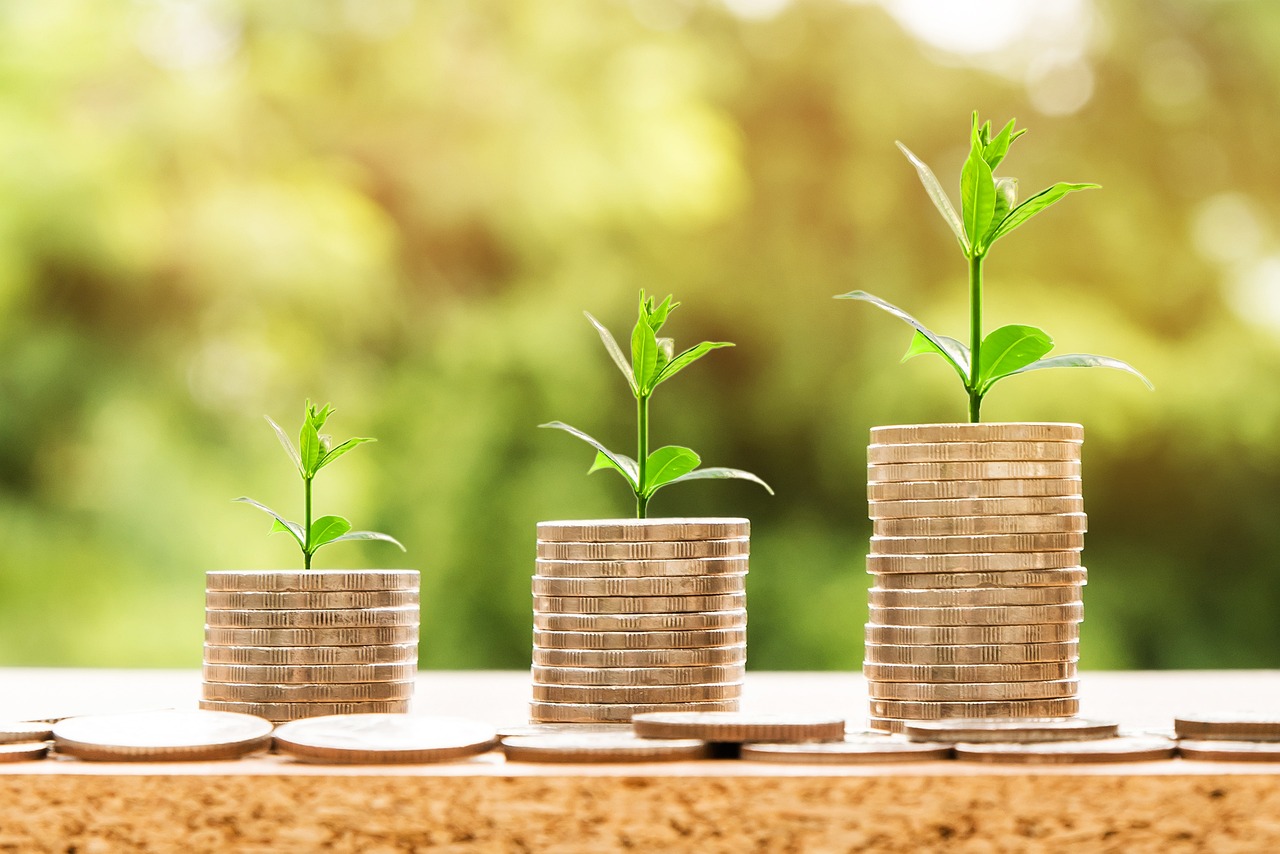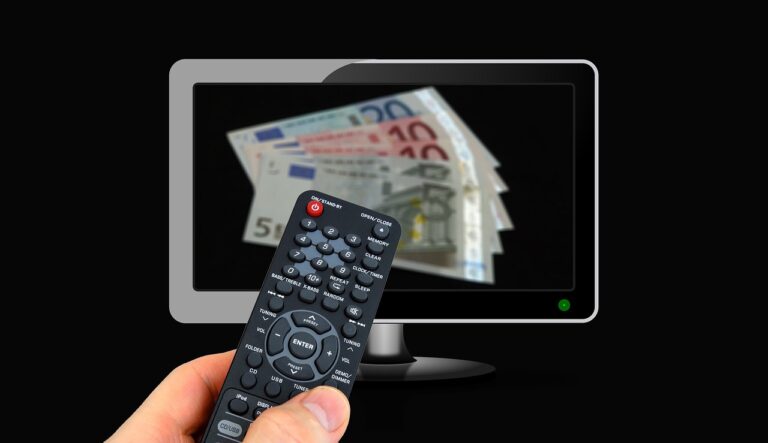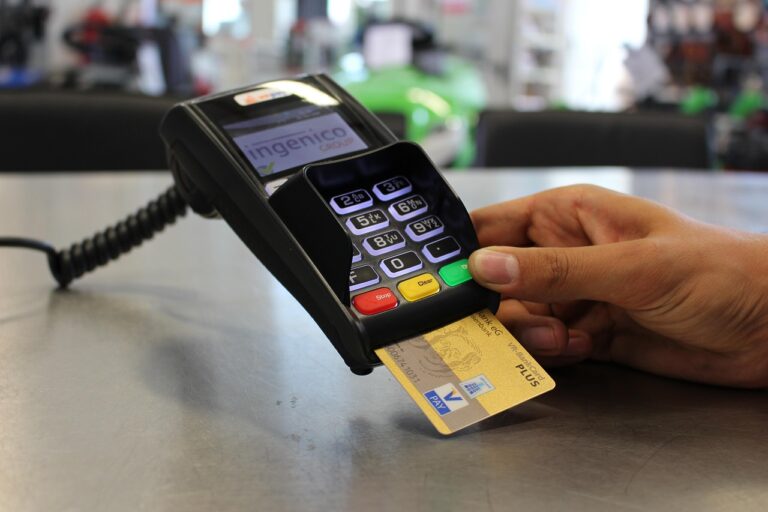A lot of people have the question in their minds as to why they are unable to save money when they earn a decent income. One often forgotten reason is that of the accumulation of the small daily expenses that appear to be unimportant but actually do accumulate over the years. In financial expert David Bach’s book, “The Latte Factor,” the idea of minor, recurring expenses — like that morning coffee, those snacks during the day, or even your streaming subscriptions — is what might be preventing you from achieving financial freedom. This article looks at the impact of these small daily expenses and how they can impact your long-term wealth, as well as some tips on how to make better financial decisions.
Understanding the Latte Factor
It’s not just about coffee. The Latte Factor is a metaphor for unnecessary spending that can be turned around to financial growth. The idea of the book is that even small amounts of money can add up to a lot of money if it is left to grow. Investing that money instead of spending it on lattes could result in significant growth over decades if compounded. Some people think that difficulties in finance are caused by such costs as housing or student loans. However, it is usually the small and frequent costs that are hidden. Whereas necessary outlays are not in our control, avoiding these could be done without having to make a huge change to our standard of living.
The Price of Sin: What People Don’t Realize About Small Daily Expenses
Consider how seemingly insignificant spending habits can add up over time. Here are some daily expenses that can sneak up on people and drain their finances slowly:
- Coffee and Snacks: Buying a $5 coffee and a $3 snack every workday is almost $160 per month.
- Eating Out: Choosing to spend $10-$15 on meals out instead of eating at home can really start to add up.
- Streaming Subscriptions: Several entertainment services that are $10-$20 each can be an unnoticed weight.
- Rideshares and Convenience Fees: When you don’t use public transport or walk, the frequent use of rideshares can really hurt a budget.
- Impulse Shopping: This includes small online purchases, app subscriptions, and those sale items that may seem affordable but add up over time.
While each of these expenditures may not seem excessive when made separately, together they can have a major impact on savings and investment potential.
The Opportunity Cost of Daily Spending
Sometimes, small daily expenses when saved or invested could be of great benefit in the long run. For instance, if someone saves $5 per day and invests it at 7% annual interest. In 30 years, that could be nearly $200,000. This shows that refraining from spending on nonessential items may hold the key to a secure financial future in the future.

The main point to grasp is that spending a dollar on nonessential goods today is a dollar that cannot be invested toward future financial growth. Some indulgences are important for a well-balanced life, but being conscious of spending decisions can lead to financial freedom.
Strategies to Reduce Small, Unessential Expenses
Many people do not know how much they spend and do not know where their money goes. In order to avoid unnecessary daily expenses, try the following:
- Track Expenses and Find Trends: This paper aims to determine daily expenses for one month to establish recurring non-essential spending. Some apps can automate the process of tracking and even categorize the expenses.
- Find Alternatives to Costly Lifestyle: Making coffee at home or cooking rather than eating out or taking public transport can also reduce the expenses without affecting the quality of service.
- Set Spending Limits: Establishing a certain budget for discretionary spending every month can also help avoid overspending.
- Automate Savings: Automatic transfers to a savings or investment account are a way of guaranteeing that some money is saved towards financial goals before it is spent.
- Use the 24-Hour Rule for Non-Essential Purchases: If you are planning on making an impulse buy, then wait 24 hours before making the decision. Most of the time, the desire to buy will subside, resulting in better financial decisions.
Finding a Balance Between Enjoyment and Financial Responsibility
The Latte Factor highlights the importance of spending wisely, but it does not recommend eliminating all enjoyable expenses. Life is about getting it right – financial freedom should not mean suffering and forfeiting the little things in life. Financial health is about keeping a level head and not overreacting. The main idea is to spend money wisely and avoid making purchases that are not necessary and are triggered by feelings or social pressure.
It is not necessary to ban all small treats completely but people can modify their spending behaviour and make more efficient financial choices. For example, instead of buying a coffee every day, one could decide to have it a few times a week or even go for a less expensive option. It can still be an enjoyable experience to dine out but it should be done with a plan and not as a spur of the moment decision. It is not a goal to keep from enjoying life, but to make sure that spending is consistent with the rest of the financial plan.
Through the change of behavior from consumption to decision making people can keep the expenses under check and at the same time, enjoy the things that make them happy without threatening their financial position in the future. This way of handling finances makes people feel they have a say in how they spend their money without restricting them from having fun.
Small daily expenses may seem insignificant, but they can add up and have a big impact on financial well-being. The Latte Factor shows how small financial decisions made time and time again can determine long-term financial stability. Success is not only about major financial milestones but also from everyday choices that determine spending habits. Avoiding unnecessary expenses and consciously not spending that money on savings and investments can create a stronger financial future. Cutting back on spending little by little is not as restrictive as cutting back a lot at once, allowing individuals to build financial security. It is not just about saving money but it is about developing financial habits that enable people to enjoy life in the present and be prosperous in the future. Controlling spending today is the foundation for future financial freedom and a more comfortable and rewarding life.


